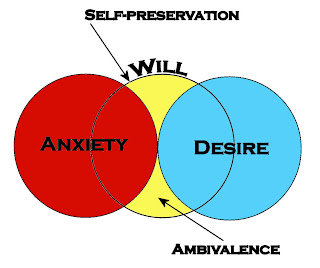In talking to some of my Russian friends, it has been widely suspected that the drug epidemic in the Russian Federation is part of a larger plan by Jihadists to destroy Russia with drugs. Sound paranoid?
Well, just read this article about Methamphetamine in the US:
Then scroll down to this:
The Sinaloa Cartel, led by Mexican kingpin Joaquín "El Chapo" Guzmán, accounts for 80% of the U.S. meth trade.
In Chicago, where Guzmán is Public Enemy No.1, Sinaloa is employing more than 100,000 gang members to sling meth (along with cocaine, marijuana and heroin) on the streets while cartel members blend in with the metro area's two million Hispanic residents.
It should be noted that there are allegations that Guzmán, who was on the Forbes' list of billionaires from 2009 to 2012, works with the U.S. government.
In court documents, a high-ranking member of Sinaloa currently in U.S. custody asserted that Guzmán is a U.S. informant, Sinaloa was "given carte blanche to continue to smuggle tons of illicit drugs into Chicago," and Operation Fast and Furious was part of an agreement to finance and arm the cartel in exchange for information used to take down its rivals.
The claims were corroborated by a Mexican foreign service officer who doubled as a confidential source for the U.S. security firm Stratfor when he alleged that the U.S. government works with Mexican cartels to traffic drugs into the U.S., and that in 2010 the U.S. sided with Sinaloa in an attempt to limit the violence in Mexico.
Yes, you read correctly: the drug flow into the US is being regulated by the US government's chosen cartel. Now you know that there is a lot more to the story.
Is it possible that our world's drug problems are being exacerbated on purpose? If you asked me that a year ago, I would have laughed. Now, I won't.
It appears the meth problem in the US is the price our federal government is willing to pay to arrest and kill some people, but not all, who are destabilizing Mexico. You can also see why there is really such resistance to sealing the southern border. The US government is willing to let its citizens become disabled and even flat-out die for the sake of its weird political intrigues.
This is disgusting at face value, but a closer look shows that it is far more insidious.
The meth epidemic is destroying people, which is precisely what the 'powers that be' want: they want 'population control.' They want to get rid of people.
Humans are difficult to manage. The more people you have to manage, the harder and less predictable they are to herd. This is why totalitarian regimes kill: it makes it easier to manage the survivors.
I have come to believe that drugs, in Russia and the USA, are being used to destroy people on purpose. We are not in a fight for just 'sobriety,' we are in a struggle for survival.
Just remember, each addict loses the ability not only to care for himself, but to form a family and raise children. It is just as effective as chemical castration. The drugs don't have to flat-out kill you, they just have to eliminate your desire to build families and live a responsible life.
If you look at modern culture, drugs are doing their job just as intended.


